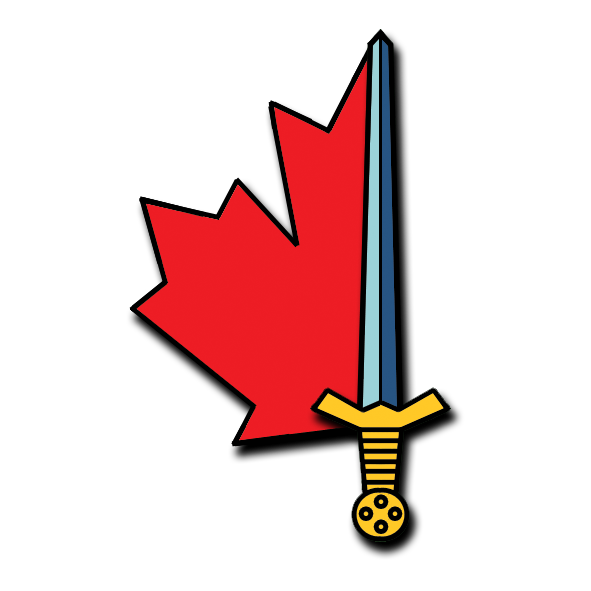If true; when I hear a ship and crew were sent to back sea 4 days after 1 month of post-deployment leave; from a grueling 7 month confined to ship tour for another 5 weeks sail I am not sure I can say leadership has the best interest of the rank and file anymore.
Could it be worse than we already have ?
Leadership isn't supposed to have the best interest of the rank and file at heart in every action, they should have the best interests of the country at heart. Many times the what is the best interest of the rank and file and serving the country can coincide, other times they cannot.
The way leadership should think is Mission, Troops, then Self. Priority is always the Mission and if you have a very limited number of troops and ships available it means you will have send them out without rest whether or not you want to as a person. It is the same thing as ordering a bunch of troops into a battle even though you know it could likely be their death.
Yes it sucks, but what is your proposed solution? Leadership needs to hire more. Odds are the ones deciding which ships are sailing have no control over who is being hired. That leaves them between a rock and a hard place because they have a duty to ensure that the job gets done.
Similar issue exist in the civilian world depending on the job you may occupy. Lack of personnel leads to the few that remain suffering to make it happen. In my unionized workplace which is chronically understaffed if a critical job comes in there is forced overtime available as a option to management to ensure the job gets done.
From personal experience my opinion of unions is lackluster at best. They can help you, but they can also hinder you just as much. I understand where they can be beneficial, but there is downsides to everything. Issues like factions within the union can cause particular problems because certain groups will work for their best interest against the collectives best interest.
Simple example, my workforce is a fairly senior workforce. We are starting to get some newer members but overall there is a significant number who have been there 25+ years. When you join you get 2 weeks of vacation. Every 5 years they add one week of vacation to a max of 7 weeks (which is pretty good). There is no incentive to try and increase the vacation for the new guys though as the senior guys have already worked though the system and they wouldn't receive any benefit from it despite the fact it would benefit the workforce as a whole going forward. Much like how the older guys are on a defined benefit pension and the newer ones are on defined contribution based off the old guys who never had to switch pensions making the decision for those who joined after them, receiving a lump sum to make the switch. After all it didn't hurt them and they got money from it.
Be careful what you wish for.






